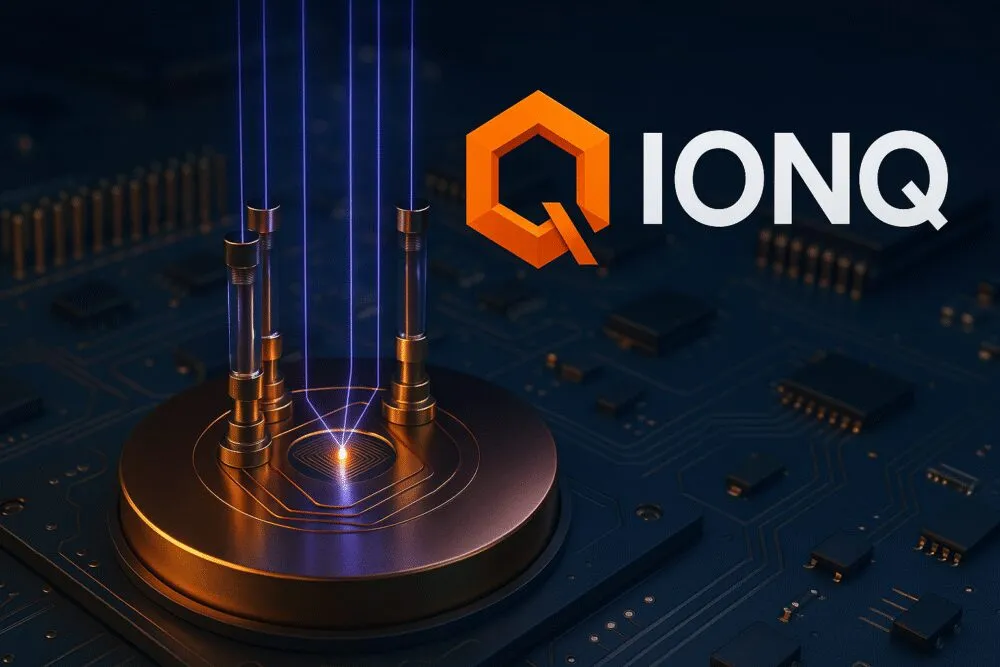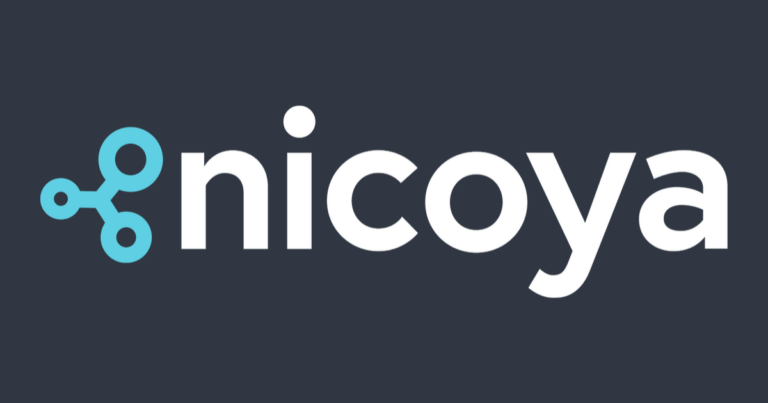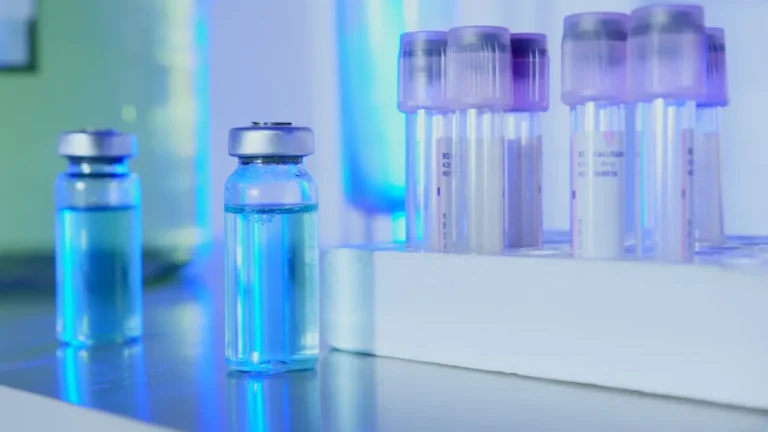IonQ Achieves Record-Breaking Quantum Computing Performance, Surpasses 99.99% Two-Qubit Gate Fidelity
IonQ (NYSE: IONQ), a global leader in quantum computing, today announced a historic milestone in quantum technology: the company has achieved 99.99% two-qubit gate fidelity, setting a new world record in quantum computing performance. The achievement was documented in technical papers released by the company, highlighting the groundbreaking capabilities of its proprietary quantum hardware and Electronic Qubit Control (EQC) technology.
Quantum computing performance is largely defined by the accuracy of its two-qubit gates, a metric known as two-qubit gate fidelity. Two-qubit gates are the fundamental building blocks for quantum algorithms, and the lower the error rate, the more reliable the system becomes. High-fidelity gates reduce the need for error correction and allow for more complex quantum computations, directly impacting the scalability and applicability of quantum systems.
In this landmark achievement, IonQ has crossed the elusive “four-nines” fidelity threshold, surpassing all other quantum computing systems in existence. This milestone establishes IonQ as the first and only quantum company to achieve two-qubit gate fidelity exceeding 99.99%, surpassing the previous record of 99.97%, which was set in 2024 by Oxford Ionics—a company now integrated into IonQ.
Technical Significance and Implications
Achieving this level of fidelity is a critical step in IonQ’s roadmap toward large-scale, fault-tolerant quantum computing. By engineering qubits with unprecedented precision, IonQ is now positioned to scale its quantum systems to millions of qubits by 2030, a feat that would enable fault-tolerant quantum computation for a wide range of applications. This high level of qubit performance translates into several tangible benefits:
- Dramatically improved error-corrected performance – The exceptional fidelity of IonQ’s qubits allows for error-corrected computations that can outperform prior quantum systems by orders of magnitude. Specifically, the company notes that customers could achieve a 10^10 (10 billion-fold) performance increase over the previous gold standard of 99.9% fidelity on devices of comparable size.
- Enabling complex applications – With fewer errors and higher reliability, IonQ’s quantum computers can now execute complex algorithms that lower-performance systems cannot. This opens the door to breakthrough applications in industries such as pharmaceuticals, materials science, artificial intelligence, and autonomous systems.
- Accelerated product development – Because fewer physical qubits are required to build a fault-tolerant system, IonQ can bring large-scale quantum computing solutions to market more quickly. Higher fidelity reduces operational complexity and lowers manufacturing costs, enabling the company to deliver practical systems faster.
Innovative Hardware: EQC Technology
IonQ achieved this record-setting fidelity using prototypes in its R&D labs, which form the basis for its upcoming 256-qubit systems, planned for demonstration in 2026. Central to this success is IonQ’s proprietary Electronic Qubit Control (EQC) technology. Unlike traditional quantum systems that rely on lasers to manipulate qubits, EQC employs precision electronics to control qubits. This approach integrates all qubit-control components onto classical semiconductor chips, enabling mass manufacturing using existing semiconductor fabrication processes.
The result is a quantum computing architecture that is easier to scale, more stable to operate, and more cost-effective to produce. EQC allows for precise qubit manipulation while maintaining the high fidelity required for fault-tolerant computation. By moving quantum control to standard semiconductor chips, IonQ is pioneering a path toward large-scale, manufacturable quantum systems that can meet the demands of commercial deployment.
Leadership Perspective
“Reaching four-nines fidelity is a watershed moment for IonQ’s quantum leadership,” said Niccolo de Masi, Chairman and CEO of IonQ. “This level of quantum performance has been the industry’s north star for decades. Crossing this threshold brings fault-tolerant quantum systems years closer to mass-market adoption. For our global customers, it means unlocking more value from quantum computing sooner, while dramatically lowering the cost and complexity of large-scale systems.”
Dr. Chris Ballance, co-founder of Oxford Ionics, now part of IonQ, added, “This is a pivotal moment for the quantum computing industry. By exceeding the 99.99% threshold on chips built in standard semiconductor fabs, we are now on a clear path to millions of qubits, unlocking powerful new commercial applications earlier than ever imagined. This milestone demonstrates that world-class quantum performance can be achieved on mass-manufacturable hardware.”
Real-World Applications and Commercial Impact
IonQ’s record-setting qubit fidelity is not just a technical achievement—it has immediate implications for customers and industry applications. High-performing qubits enable computations that are closer to error-corrected quantum advantage, reducing runtime and operational costs for complex calculations. Some of the early applications of IonQ’s technology include:
- Drug discovery – IonQ has demonstrated a 20x speed-up in quantum-accelerated drug development, allowing researchers to explore molecular simulations and chemical reactions far faster than classical computing methods permit.
- Computer-aided engineering – IonQ’s quantum computers have achieved up to a 12% performance improvement compared to classical approaches in engineering simulations, enabling more efficient design and optimization processes.
- Artificial intelligence and object detection – High-fidelity qubits allow the development of quantum-enhanced AI models and real-time object detection systems for autonomous vehicles, providing faster and more precise computations than previously possible.
These applications highlight the practical potential of IonQ’s quantum computing systems and the transformative impact of reaching ultra-high fidelity levels.
Future Roadmap
Building on this achievement, IonQ is preparing to scale its systems further, with a focus on delivering 256-qubit devices in 2026. These systems will utilize the EQC technology that made this record possible, allowing IonQ to continue improving qubit performance while scaling to larger quantum processors. By achieving both high fidelity and mass manufacturability, IonQ is uniquely positioned to lead the industry toward commercially viable, large-scale quantum computing.
Conclusion
IonQ’s achievement of 99.99% two-qubit gate fidelity represents a historic milestone for quantum computing. It marks the first time any company has surpassed the ‘four-nines’ threshold, demonstrating that fault-tolerant, large-scale quantum systems are within reach. By leveraging EQC technology and semiconductor manufacturing techniques, IonQ is accelerating the timeline for practical quantum advantage and positioning itself at the forefront of the global quantum computing industry.
For more information about IonQ’s technology and roadmap, visit www.ionq.com.
Reference: IBM Quantum (2024). High-threshold and low-overhead fault-tolerant quantum memory. Nature, 627(8005), pp.778–782. doi:10.1038/s41586-024-07107-7.



